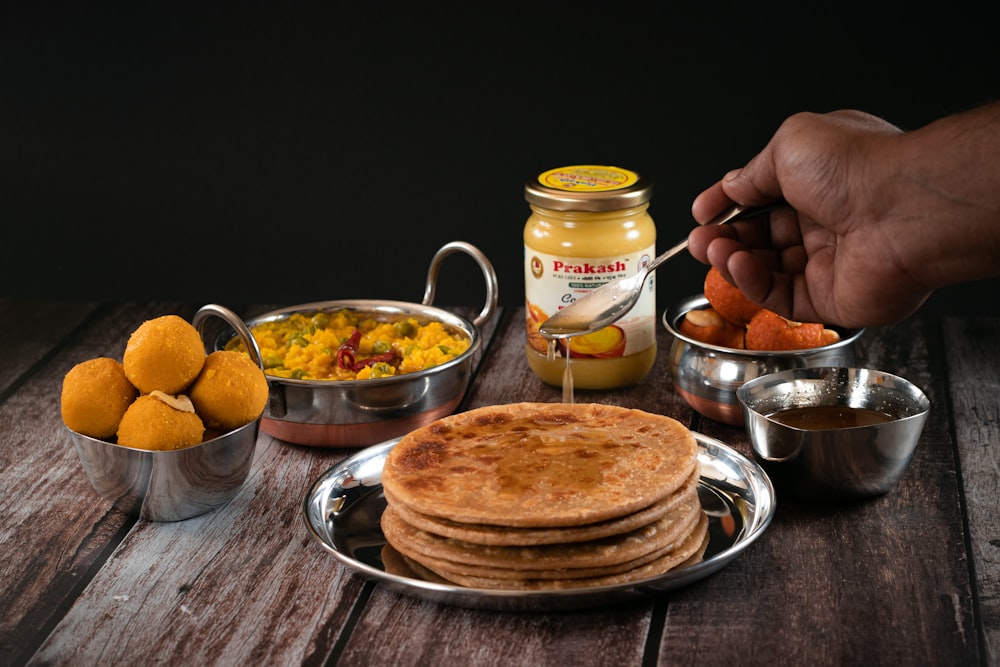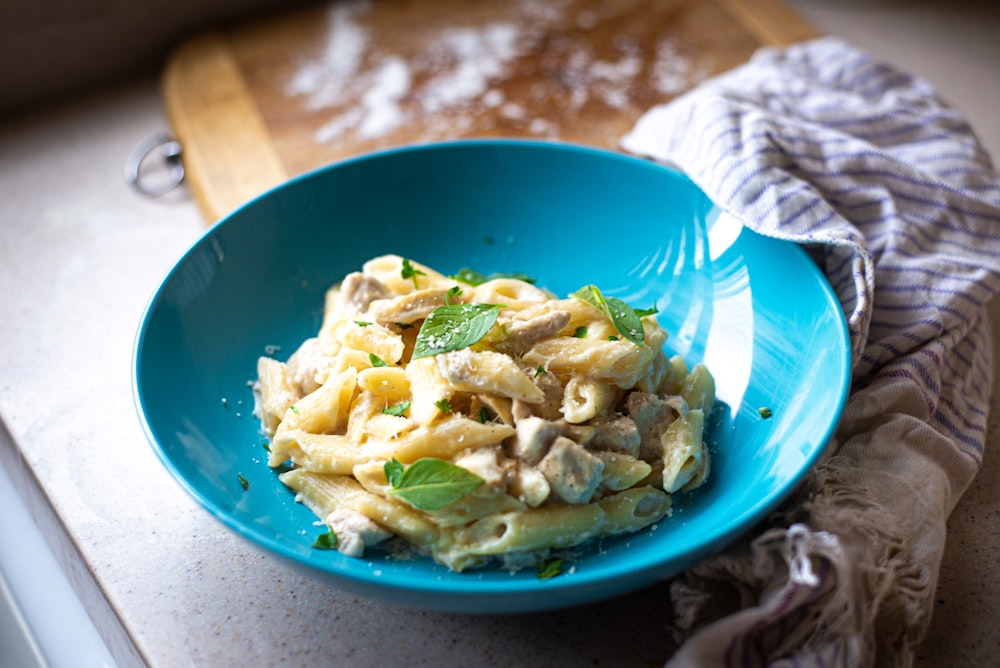
“Fall-off-the-Bone Bliss Delicious Pork Ribs Recipe”
Unlocking the Secrets of the Perfect Pork Ribs Recipe
The Art of Preparation
Cooking pork ribs is more than just throwing meat on a grill; it’s a culinary art form that requires precision and technique. The first step in crafting the perfect pork ribs recipe is proper preparation. Start by selecting high-quality ribs from your local butcher or grocery store. St. Louis-style or baby back ribs are popular choices, known for their tender meat and rich flavor. Once you have your ribs, remove the membrane from the back of the rack to ensure maximum tenderness and flavor absorption.
Choosing the Right Seasonings
The secret to mouthwatering pork ribs lies in the seasoning. While some prefer a simple salt and pepper rub, others opt for a more complex blend of spices and herbs. Common ingredients include garlic powder, onion powder, paprika, cumin, chili powder, and brown sugar. Experiment with different flavor combinations until you find the perfect balance of sweet, savory, and smoky. Don’t be afraid to get creative and customize your seasoning blend to suit your taste preferences.
The Low and Slow Method
When it comes to cooking pork ribs, patience is key. The low and slow method involves cooking the ribs at a low temperature over indirect heat for an extended period. This allows the meat to slowly tenderize and develop rich, smoky flavors. Whether you’re using a charcoal grill, smoker, or oven, aim for a temperature between 225-250°F (107-121°C) and cook the ribs for several hours until they reach the desired level of tenderness. Remember to use wood chips or chunks to infuse the ribs with delicious smoky flavor.
The Importance of Basting
Basting is an essential step in ensuring juicy, flavorful pork ribs. Whether you’re using a homemade barbecue sauce or a store-bought marinade, basting adds an extra layer of flavor and moisture to the ribs as they cook. Apply the sauce generously to both sides of the ribs during the last hour of cooking, allowing it to caramelize and form a sticky glaze. For an extra burst of flavor, try brushing the ribs with a mixture of melted butter and honey in the final minutes of cooking.
Knowing When They’re Done
Determining when pork ribs are done can be tricky, but there are a few telltale signs to look out for. The meat should be tender and pull away easily from the bone, but not so tender that it falls apart. Use a meat thermometer to check the internal temperature of the ribs, aiming for a reading of 190-205°F (88-96°C). Additionally, the ribs should have a rich, golden-brown color and a slight crust on the exterior. Once they pass these tests, they’re ready to be removed from the grill and served.
The Joy of Serving
There’s nothing quite like the satisfaction of serving up a plate of perfectly cooked pork ribs to your eager guests. Whether you’re hosting a backyard barbecue or a cozy family dinner, pork ribs are sure to be a hit. Pair them




















